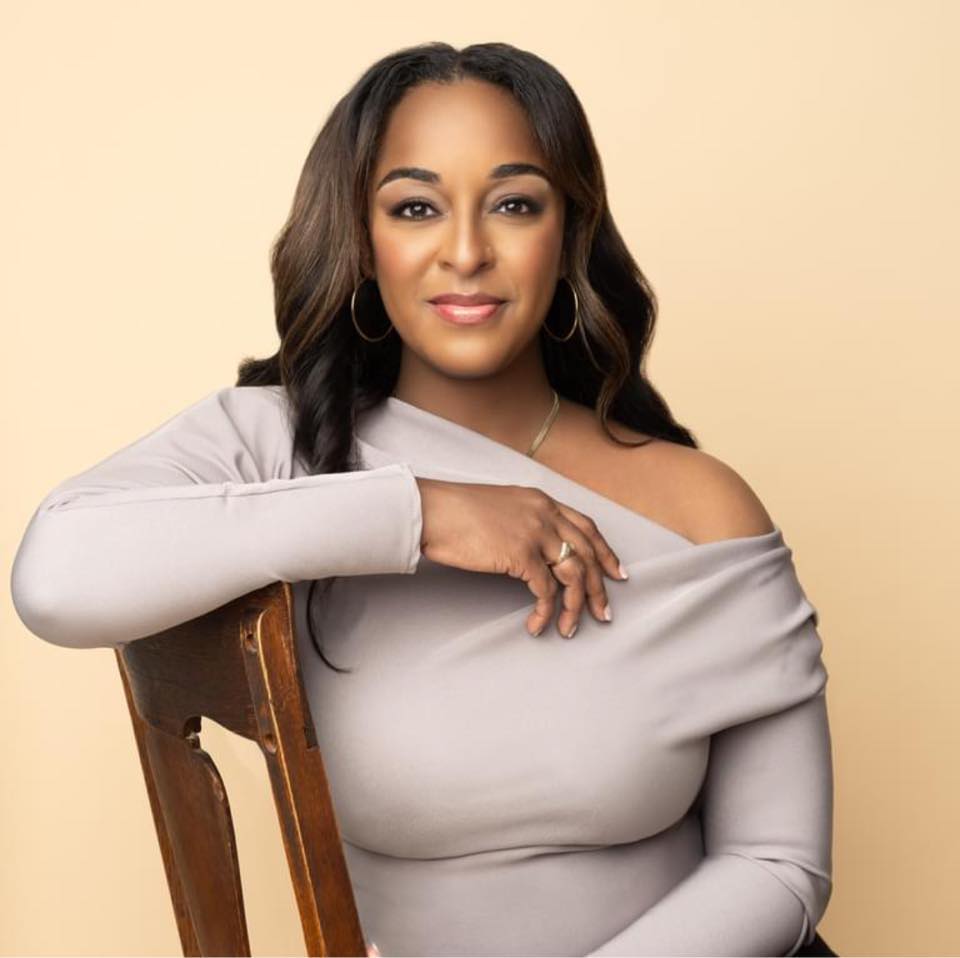In honor of Black History Month, we celebrate four Afro-Latina pioneers whose work in literature, journalism, and broadcasting has amplified underrepresented voices and redefined storytelling.
Elizabeth Acevedo: Award-Winning Literary Powerhouse

A Dominican-American author and poet, Elizabeth Acevedo has captivated readers with her powerful narratives about identity, family, and culture.
Her debut novel, The Poet X, won the National Book Award for Young People’s Literature, making history as the first novel-in-verse to do so. Acevedo’s work continues to inspire a new generation of writers who see themselves in her stories.
Natasha S. Alford: Journalist Shining Light on Untold Narratives

Natasha S. Alford, a Black and Puerto Rican journalist, is a leading voice in media as an award-winning reporter, editor, and on-air host.
As the VP of Digital Content at TheGrio, she focuses on political and cultural issues impacting Black and Afro-Latino communities.
Her investigative reporting has earned her the Harvard Nieman Foundation Fellowship and a spot on Forbes’ 30 Under 30 list.
Ilia Calderón: Breaking Barriers in News

An Afro-Colombian journalist, Ilia Calderón made history as the first Afro-Latina evening news anchor for Univision, one of the largest Spanish-language networks in the U.S.
She has fearlessly tackled issues of race, immigration, and social justice, often facing racism and backlash for her presence in mainstream Latin American media.
In 2020, she became the first Afro-Latina moderator of a U.S. presidential debate.
Jeannette Reyes: Bringing Authenticity and Joy to Journalism

A Dominican-American news anchor, Jeannette Reyes has built a strong following both on television and social media, blending serious journalism with humor and cultural pride.
A former anchor for FOX 5 DC and 6ABC Philadelphia, she has become known for her bilingual reporting, viral TikToks, and insightful takes on news affecting Black and Latino communities.
These trailblazing Afro-Latina storytellers continue to shape the media landscape, ensuring that Black and Latinx voices are heard and celebrated.
Their contributions prove that representation isn’t just about who is at the table—but who gets to tell the story.
